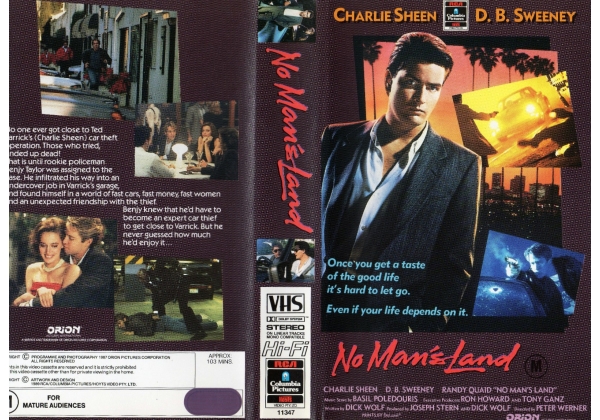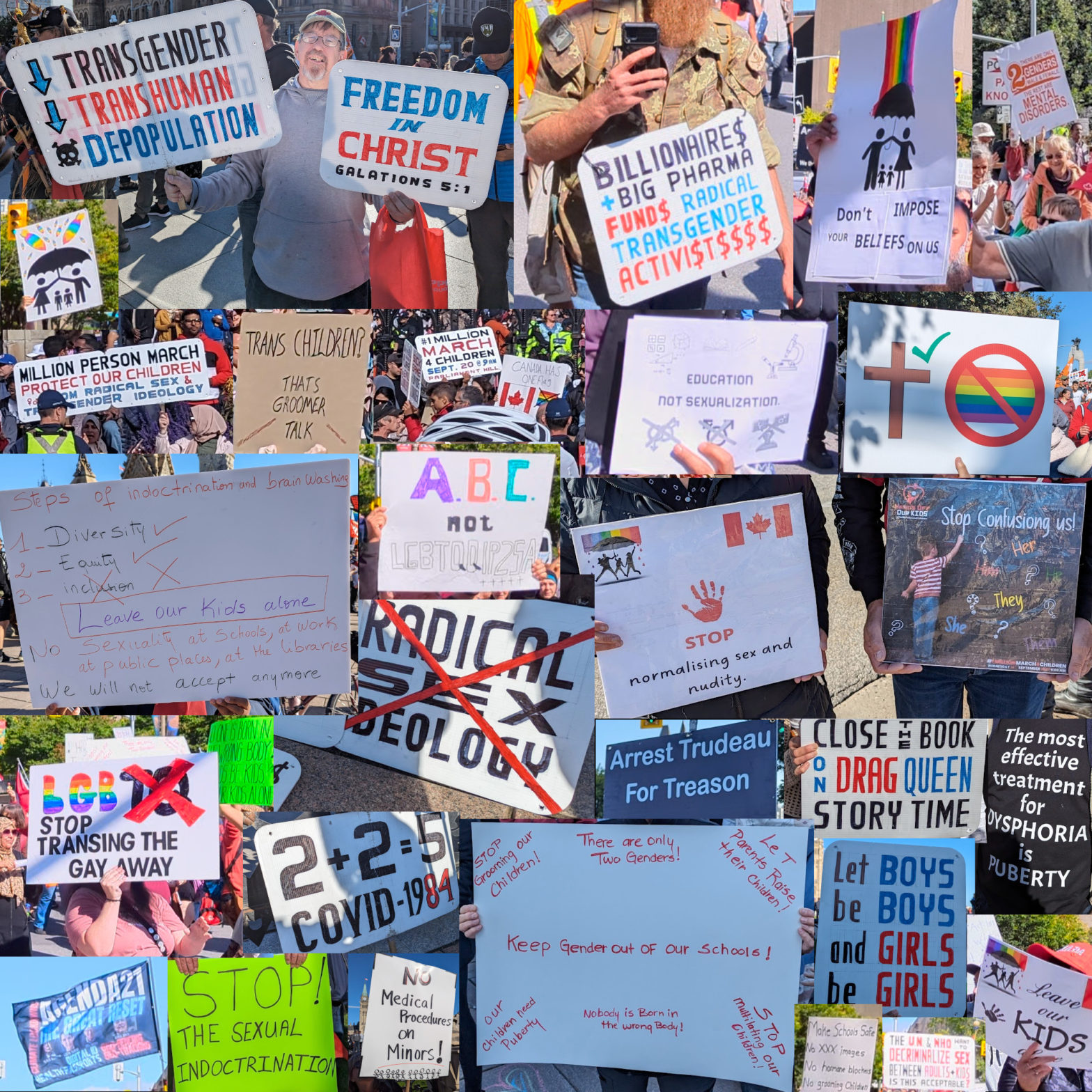2023 included trips to New Orleans, Nashville, the Grand Canyon, Vegas, Montreal, Sudbury, Paris, Marseilles, Nice, Cannes, and most importantly the Midland Butter Tart Festival.








It also included facing off transphobes multiple times, as they harassed young families and performers at the NAC, harassed three schools in the west end, harassed attendees at a small pride event in Vanier. I also went to the trans march in Montreal and pride in Ottawa.
I went off-roading for the first time, and took to the water with my kayak. I saw a number of shows. I went spelunking. I lost 35lbs. I built up my little library of queer and trans history. This was also the year that I found out I would never have kids, and started grieving that. I also broke up with my partner and lost three friends.
I have a small list for what I’ll get up to for 2024. I can’t see a future anymore, not like before. But I can see one year ahead, and I’ll take it.




